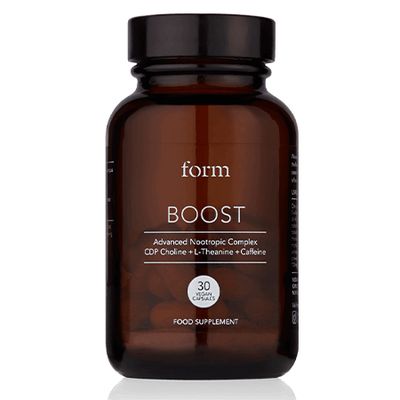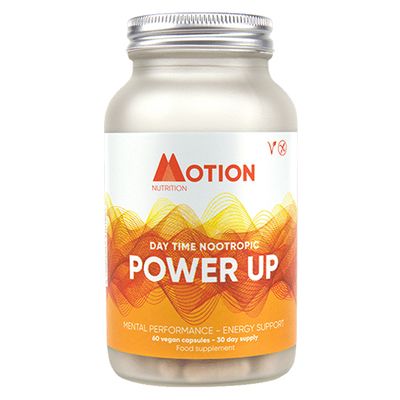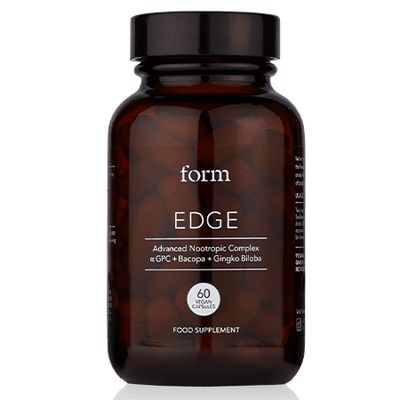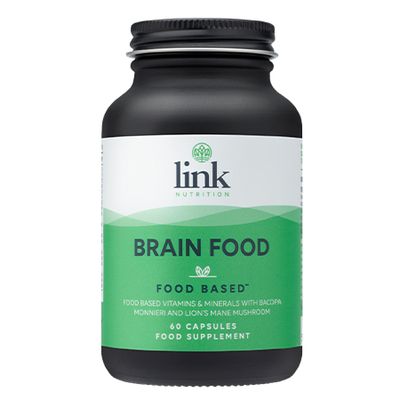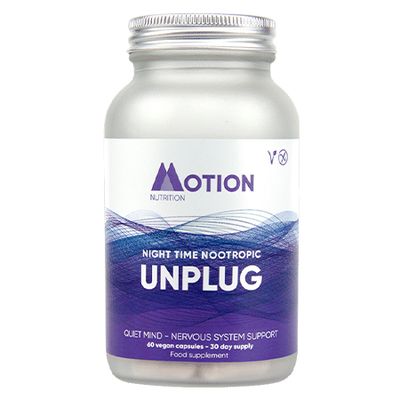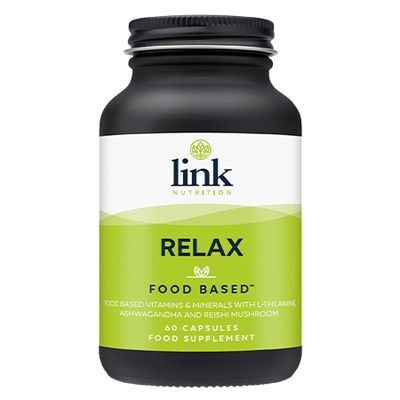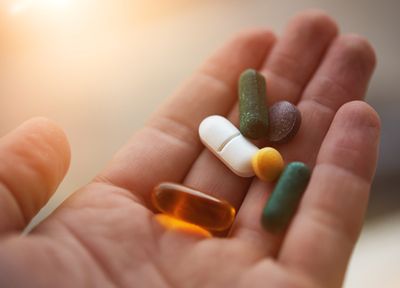
Could Nootropics Boost Your Brain Power?
What exactly are nootropics?
As Damian Soong, co-founder of Form Nutrition, explains, “Nootropics are most neatly defined as compounds that enhance an aspect of human cognition. In practical terms, they are a safe way to improve aspects of your brain functions, such as memory, focus and mood. The word ‘nootropic’ was derived from the Greek words ‘nous’, meaning ‘mind’, and ‘trepein’, meaning ‘to turn’ in 1972 by Dr Corneliu Giurgea. It was in the 60s and 70s that work first started to look at compounds that had the potential to enhance cognition. Some of this early work started on B vitamins and has progressed to encompass countless compounds from caffeine to sources of choline such as Alpha-GPC and CDP-Choline. Much further back than that, traditional medicines in China and India were using plants and herbs that we now call nootropics. For example, Bacopa Monnieri has been used in Ayurvedic medicine since the 6th century.”
How exactly do nootropics work?
They work by influencing brain and central nervous system neurotransmitters. They also work by protecting the neurons in your brain from damage and strengthening neuroplasticity (or your response to sensory information). That means improvements to your attention span, memory, learning capacity and overall cognitive health. While this may sound like something illegal, Joe Welstead, co-founder and CEO of Motion Nutrition, explains there are two types of nootropics: medicinal (i.e. drug) products and natural varieties. Adderall – the drug prescribed in the US for ADHD sufferers and infamously taken by students to boost cognitive function – is considered a nootropic, while food-based nootropics like Bacopa Monnieri are 100% legal and perfectly safe to use.
What ingredients should you be looking out for?
When it comes to performance, Damian recommends starting with caffeine and sources of choline. “We all know the effects of caffeine but perhaps less of us know it’s a nootropic. It’s an incredibly well-researched performance enhancer with a greater effect when consumed in its anhydrous state as compared to coffee. Research shows it is effective in improving everything from sports performance, strength, and high-intensity exercise to mental focus. Choline helps produce Acetylcholine, one of the most abundant neurotransmitters in your body – think of it as the thing that keeps your brain organised and functioning smoothly. Alpha-GPC and CDP-Choline provide the densest choline source and are able to cross the blood-brain barrier. Cheaper forms such as Choline Bitartrate can also be used but are less effective.” When it comes to sleep, Damian also recommends 5-HTP, a naturally occurring amino acid that’s a precursor to melatonin, the sleep hormone, as well as L-theanine and L-glycine.
Joe, meanwhile, says that to support mental acuity, look to a mix of methylated B vitamins for energy, specific amino acids such as L-Tyrosine, which is a precursor to dopamine (essential for decision-making), and botanical extracts like Gotu Kola and Ginseng which will support blood flow and mood. “A healthy mix of these vitamins, amino acids and botanical extracts without any artificial stimulants is a good start to support cognitive functions.”
Is it better to take one nootropic on its own, or can you mix them for better results?
“While single ingredients can be beneficial, your mental performance will benefit from a variety of nootropics,” Joe says. “However, I'd recommend relying on a trusted pre-mixed product from a well-respected brand, or on the support of a healthcare professional, rather than going off spurious claims on the internet.” While nootropics are available as standalone supplements, brands like Form and Motion Nutrition have done the hard work for you and developed multi-strain formulas. For example, Form’s Boost is centred around the innovative and synergistic pairing of caffeine and L-theanine, a calming amino acid, meaning you get the energy of caffeine without the jitters.
How should you take them?
If you’re taking a nootropic that contains amino acids, you'll benefit from consuming them away from food, so other larger protein sources do not get in the way of the amino acids crossing the blood-brain barrier, Joe explains. “With a product such as Power Up, you can expect initial improvements within an hour of taking the product – this will be a sense of calm focus and energy, rather than a jittery caffeine buzz. This initial wave of energy tends to come from the B vitamins. Over time, as your body accumulates certain nutrients, you'll start seeing the adaptogenic benefits of the herbs and botanical extracts. You can expect this to kick in as a better ability to deal with stress after a couple weeks of use.”
Who are they aimed at?
Nootropics are ideal for anyone wanting to improve their mental performance, memory, focus, alertness or to combat tiredness or fatigue. This could be anyone from busy parents to professionals, students studying for exams as well as athletes and gym-goers looking to boost performance. Joe adds high-stress individuals who need to be ‘always on’ during work and have a hard time switching off in the evening will particularly benefit from taking a nootropic.
Do they really work?
Absolutely. As Joe says, “You’ll find a breadth of studies on each individual nootropic, with benefits that tend to stack up over a four to six-week period. When it comes to our products, our night-time nootropic Unplug has been shown to reduce sleep latency (how long it takes to fall asleep) by 52% and to increase sleep quality (how refreshed you feel in the morning) by a third after just four weeks.” Plus, SLMan can vouch for both of Form’s nootropics, Boost and Edge. Boost, in particular, has immediate effects thanks to a hefty dose of caffeine and L-theanine, but taking both in tandem had noticeable effects on our attention span, especially in the late afternoon. Plus, there’s none of the post-coffee, reach-for-the-sugar crash.
When buying a nootropic, is there anything you should avoid?
Like any supplement, quality matters, and knowing what to look for on the label is crucial. “Always look for the quality of ingredients used, particularly B vitamins,” Joe advises. “If a product contains methylated versions, it is probably of higher quality than others. For instance, in the case of B12, the methylated form is called methylcobalamin, and the non-methylated form (harder for the body to absorb and process, but cheaper to source) is called cyanocobalamin – you’ll see this on most high-street products. Finally, avoid products that contain addictive or tolerance-building substances – you'll find yourself constantly needing more to get any benefits. These substances include synthetic caffeine and synthetic melatonin.”
Ready to have a go at boosting your brain power? Shop SLMan’s edit of the best nootropics here…
Visit FormNutrition.com and MotionNutrition.com for more information.
*Features published by SLMan are not intended to treat, diagnose, cure or prevent any disease. Always seek the advice of your GP or another qualified healthcare provider for any questions you have regarding a medical condition, and before undertaking any diet, exercise or other health-related programme.
DISCLAIMER: We endeavour to always credit the correct original source of every image we use. If you think a credit may be incorrect, please contact us at [email protected].
